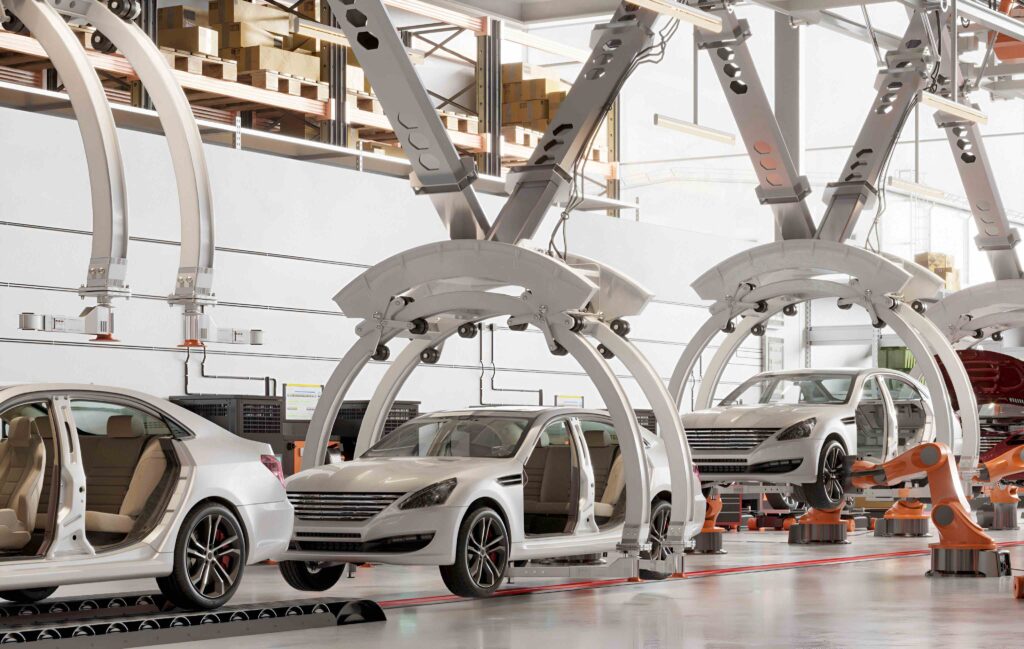In a significant move to revitalize its automotive sector, South Africa has secured substantial investments from leading Chinese and Indian automakers. These commitments aim to transition existing semi-knocked-down (SKD) vehicle assembly operations to complete-knocked-down (CKD) manufacturing, thereby enhancing local production capabilities and reinforcing the country’s position as a key player in Africa’s automotive industry.
Trade Minister Parks Tau announced the development at the annual automotive industry conference, highlighting the government’s proactive engagement with international partners to bolster domestic manufacturing. Notable among the investors are China’s Beijing Auto Industrial Corporation (BAIC) and India’s Mahindra, both of which currently operate SKD facilities in Gqeberha and Durban, respectively. These companies have pledged to upgrade their operations to full-scale manufacturing, a move expected to generate employment and stimulate economic growth within the region.
This strategic shift comes at a critical juncture for South Africa’s automotive industry, which has faced challenges such as declining production volumes, rising import competition, and the costly transition to electric vehicles. Industry leaders, including executives from Toyota and Ford, have expressed concerns about the risks of de-industrialization if local production is not adequately protected and supported.
Minister Tau emphasized that the government’s efforts are not limited to securing investments but also involve creating an enabling environment for sustainable growth. “Our goal is to transform South Africa into a competitive hub for automotive manufacturing in Africa,” he stated, underscoring the importance of infrastructure development, policy support, and workforce training in achieving this vision.
The transition from SKD to CKD manufacturing is expected to lead to the establishment of new production lines, increased local content in vehicles, and enhanced export potential. Additionally, the move aligns with South Africa’s broader industrialization objectives, which include fostering innovation, improving supply chain resilience, and advancing the adoption of electric mobility solutions.
As the automotive landscape in Africa evolves, South Africa’s proactive approach and strategic partnerships with Chinese and Indian automakers position it to reclaim its leadership role in the continent’s automotive sector. The success of these initiatives will depend on the effective implementation of supportive policies, investment in infrastructure, and collaboration between government and industry stakeholders.
Read more on Tech Gist Africa:
Ghana’s $50 Million Bet on Homegrown Innovation
ARC Ride Secures $10M Debt Financing to Expand Electric Motorcycle Infrastructure in Kenya
Côte d’Ivoire Secures $95M UAE Funding for AI and Digital Governance Projects
